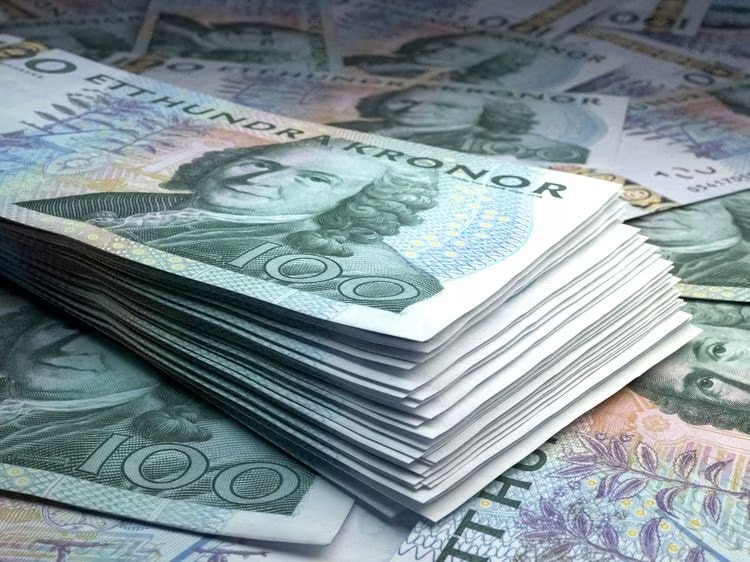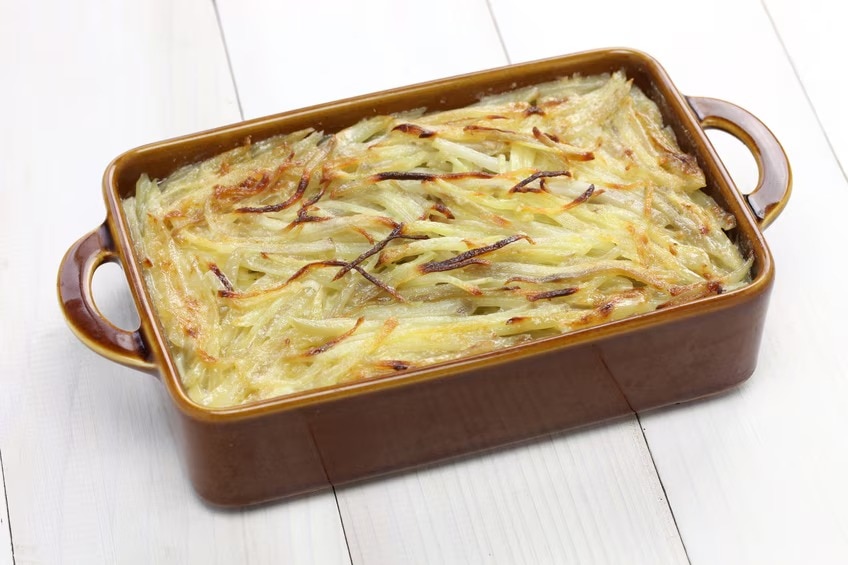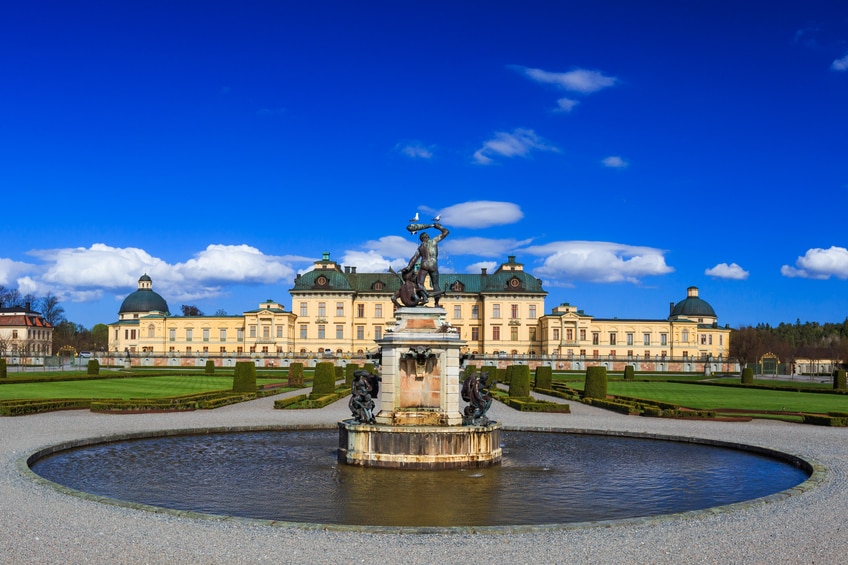Sweden Travel Tips and Information
Official Name
Kingdom of Sweden
Capital
Stockholm
Population
Country Code
Approximately 9.5 million
SE
Country Code (international calls)
+46
The flight time to Sweden is approximately ---- hours. Check the climate, currency, religion, manners, other information of Sweden below. Wishing you pleasant travels to Sweden.
Sweden is a constitutional monarchy located on the Scandinavian Peninsula in Northern Europe. Known for its high income tax rates that fund robust welfare services, Sweden is often seen as a social democratic country where the elderly can enjoy a secure retirement.
Local Climate / Weather
Sweden has a temperate climate influenced by the Gulf Stream, with four distinct seasons. Summers (June to August) are mild to warm, with temperatures ranging from 15°C to 25°C, while winters (December to February) are cold, particularly in northern areas where temperatures can drop below -20°C. Spring and fall are relatively short, bringing mild temperatures and vibrant landscapes.
Currency & Tipping
Currency
Sweden’s official currency is the Swedish Krona (SEK), often represented by “kr.” Coins come in denominations of 1, 2, and 5 SEK, while banknotes are available in 20, 50, 100, 200, 500, and 1,000 SEK. While cash is accepted, Sweden is largely a cashless society, and most transactions are done via credit or debit cards. Visa and MasterCard are widely accepted, but it’s good to carry a small amount of cash for smaller purchases in rural areas.
Tipping
Tipping in Sweden is generally not expected, as service charges are usually included in the bill. However, tipping is appreciated for exceptional service and is becoming more common in certain situations. ・Restaurants and Cafés: Leaving a 5-10% tip is customary if you’re happy with the service, but not obligatory. ・Taxis: You can round up the fare or add 5-10 SEK as a gesture of appreciation. ・Hotels: Tipping isn’t expected, but you can leave a small amount (around 10-20 SEK) for hotel staff if they provide exceptional assistance.
Useful Travel Information

Voltage & Electrical Outlets
Sweden uses a 230V supply voltage with a 50Hz frequency and Type C or F plug types (two round prongs). Travelers will need a plug adapter and should confirm their devices are compatible with 230V to avoid damage. Many hotels and accommodations provide adapters upon request.

Internet Connectivity
Sweden has a robust internet infrastructure, with high-speed Wi-Fi available in most hotels, cafes, and public areas. Major cities like Stockholm and Gothenburg even offer free public Wi-Fi in certain areas, making it easy to stay connected. Travelers can also purchase local SIM cards or portable Wi-Fi devices for convenient internet access on the go.
Water for Consumption (Drinking Water)
Sweden’s tap water is safe to drink and of excellent quality, often exceeding bottled water standards. There’s no need to buy bottled water, so you can refill your reusable bottle at your hotel or any tap around the city for fresh, clean water.
Culture, Religion & Social Etiquette
Culture
Sweden has a rich cultural heritage shaped by values of equality, sustainability, and social welfare. Known for its appreciation of nature and “Lagom” (balance), Swedes prioritize a balanced, eco-conscious lifestyle.
Religion
Religion in Sweden is diverse but predominantly secular, with the Church of Sweden (Lutheran) being the largest religious group. visitors will find an accepting society where religious freedom and individual beliefs are respected.
Social Etiquette
Emphasize politeness, privacy, and punctuality. It’s customary to greet with a handshake, respect personal space, and avoid interrupting conversations. Observing these cultural norms will enhance your experience and show respect for Swedish customs.
Food Culture
Swedish cuisine is characterized by hearty, flavorful dishes that celebrate fresh, seasonal ingredients and a balance of flavors. Travelors will enjoy exploring Swedish staples like meatballs (köttbullar), served with lingonberry sauce, and gravlax, a cured salmon delicacy. Street food is popular in urban areas, with must-tries like smörgås (open-faced sandwiches) and kanelbullar (cinnamon buns) found at bakeries and food stalls. In Stockholm, restaurants such as Oaxen Slip and Bakfickan offer authentic Swedish dishes with a modern twist, while Fävikens in Jämtland provides a unique fine dining experience highlighting traditional Nordic flavors. Whether savoring street food or dining in renowned local spots, Swedish cuisine offers an unforgettable taste journey.
Major Tourist Attractions & UNESCO World Heritage Sites
Major Tourist Attractions
Sweden's capital, Stockholm, is often referred to as the "City of Water" or the "Venice of the North." The city boasts a harmonious blend of stunning landmarks such as the City Hall, the Royal Palace, Storkyrkan Cathedral, and the vibrant Hötorget Market, all set against its picturesque streets. Stockholm is also famous for hosting the Nobel Prize ceremonies, and the Nobel Museum, established to commemorate the 100th anniversary of the prize, is a must-visit destination. In the northern region, you can experience the northern lights in Kiruna, a town known for its iron mines, and the village of Jukkasjärvi, famous for its Ice Hotel. In the south, Malmö and Helsingborg are historic cities that have seen numerous battles with Denmark over the centuries. Today, these cities are convenient tourist hubs offering easy access to Denmark via ferries and trains.
UNESCO World Heritage Sites
There are 15 World Heritage Sites in Sweden, including composite heritage sites. The cultural heritage sites include the Royal Estate of Drottningholm, Birka and Hovegården, the Engelsberg Ironworks, the rock paintings of Turnum, Skogssurtskogården, the Hanseatic City of Wislevue, the church town of Gammelstad in Rusud, the military port of Karlskrona, the agricultural landscape in the south of Öland, the large copper mine area of Faarne the Great Copper Mine Area, the radio station in Vallberg, the geodetic arc of Struve, and the group of decorated farmhouses in Helsingland. There is one natural heritage site, Hegerksten and the Kvarken Archipelago. Also on the list of composite heritage sites is the Laponian region with its nature and traditional Sámi culture.
Travel FAQs
What is the most popular airport to fly to Sweden?
The most popular airport is Stockholm Arlanda Airport, located 42 km north of the capital, Stockholm. It is the sixth largest international airport in Europe.
Is English spoken in Sweden?
The official language of Sweden is Swedish, but English is widely used as a second language. It can be said that there is a high likelihood of English being spoken throughout the country.
What is the best season to visit Sweden?
The best season to visit Sweden is during the summer months from June to August. While winters can be extremely cold, summer offers a pleasant climate where you can also enjoy the beaches.
What is the safety situation in Sweden? Are there any precautions to take?
While life-threatening incidents are rare, there is a risk of theft and pickpocketing, so it is advisable to be cautious.




